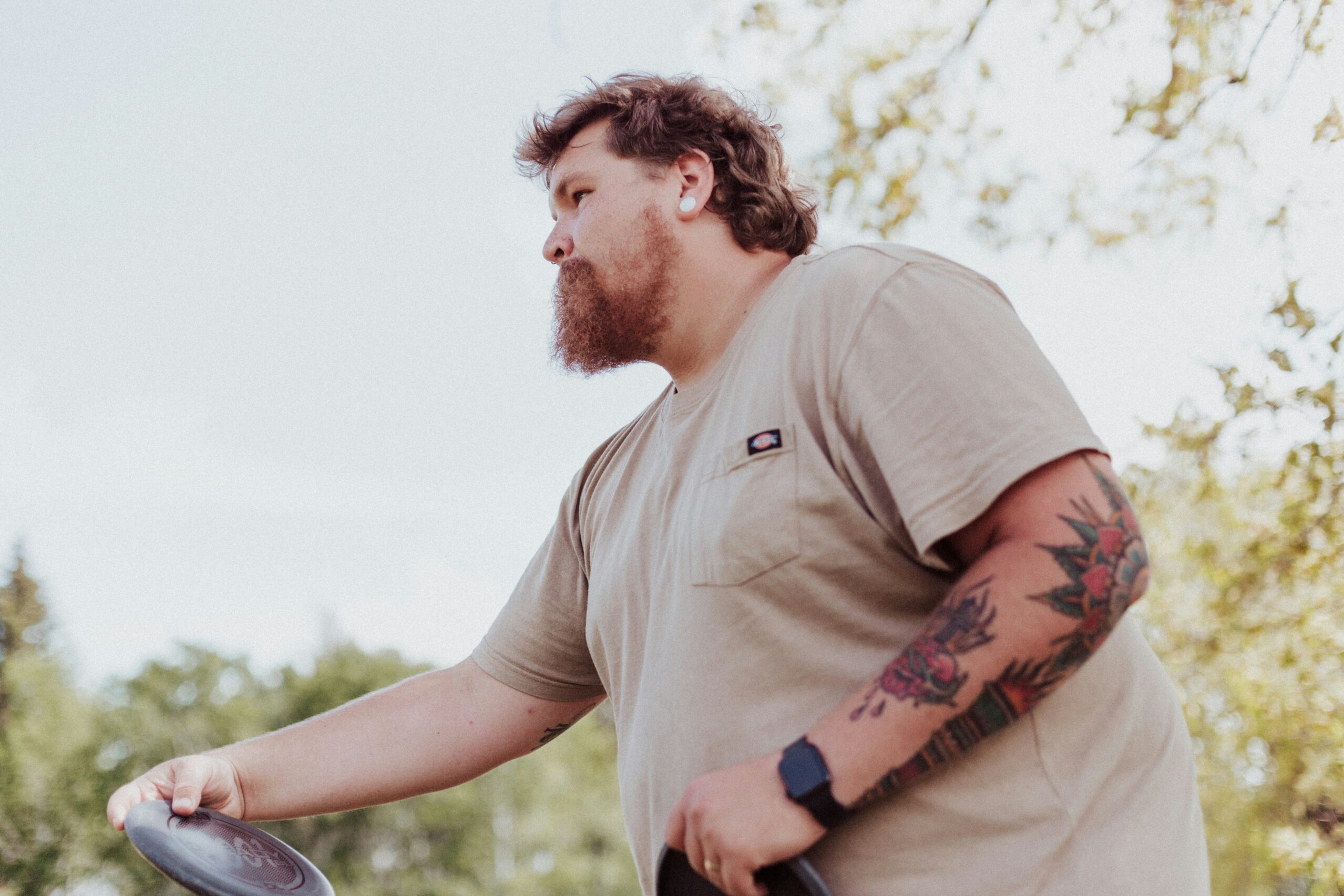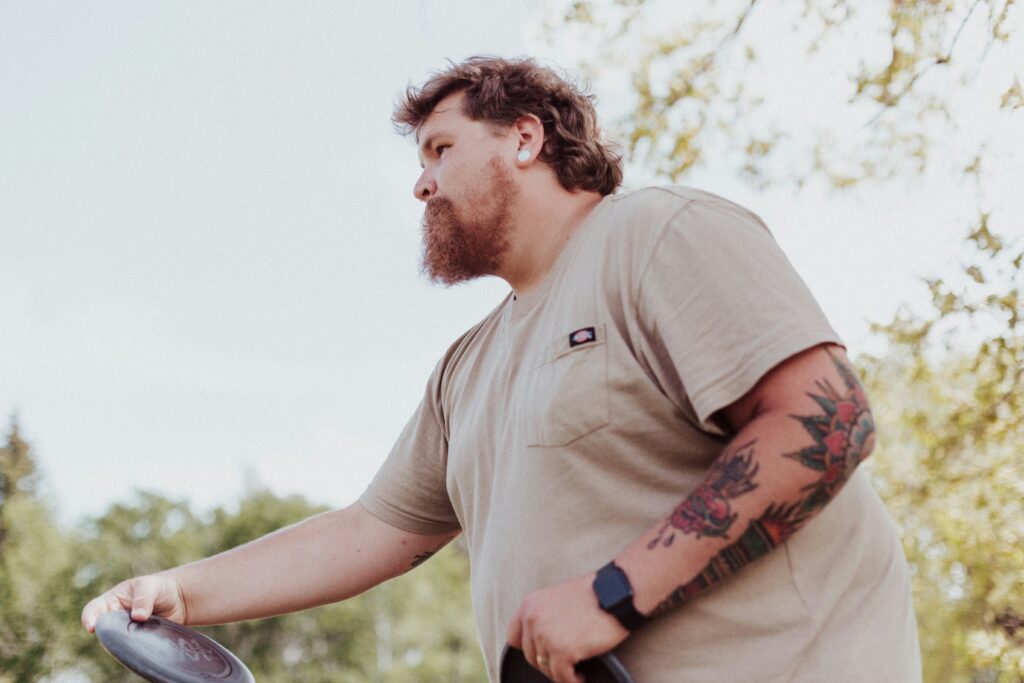
Table of Contents
Entering drug rehab can be a daunting and overwhelming experience, especially for those who are unsure of what to expect. A typical day in rehab is carefully structured to provide individuals with the support, tools, and therapy needed to successfully overcome addiction. From individual counseling sessions and group therapy to educational classes and recreational activities, each day is designed to promote healing and growth.
This blog post will show you what a typical day in drug rehab in Austin, Texas looks like. You will get a detailed look at the daily routine and activities. We will provide insight into the structure and schedule of a typical day in rehab. If you’re thinking about going to rehab or helping a loved one through it, knowing what to expect can ease worries.
The importance of routine in a rehab setting
In a rehabilitation setting, having a well-structured routine is not just beneficial but crucial in fostering stability and promoting progress for individuals recovering from addiction. A daily schedule in rehab helps residents build healthy habits, stay focused on recovery goals, and feel accountable in their journey. Through consistency in attending therapy sessions, engaging in wellness activities, and setting aside personal reflection time, individuals in rehab are able to lay a solid groundwork for achieving long-term sobriety.
Having a daily routine can provide comfort and guidance, helping people face challenges and setbacks with resilience and determination. Having a routine in rehab helps people take control of their recovery and improve their lives.
Morning activities and therapy sessions
In rehab, mornings are organized to help residents improve their physical and mental health through activities. The day usually begins with some light exercise or meditation to start the day on a positive note.
After that, therapy sessions are the main focus in the morning. Therapy sessions are the main focus in the morning.
Residents can talk about their problems and learn how to deal with them. They can also understand what makes them feel upset in a safe place. Therapy sessions help people understand themselves better and grow personally by exploring their feelings, struggles, and successes.
Residents start their day with morning activities and therapy sessions to focus on healing and progress for a productive day. Residents can make progress towards their recovery goals during morning sessions with trained professionals’ guidance and support, leading to significant breakthroughs.
Afternoon group sessions and individual counseling
Throughout the day in rehab, residents engage in a variety of therapeutic activities that are designed to help them on their journey towards recovery. In the afternoon, they can join group sessions and get individual counseling, which are important parts of the treatment program.
Residents can connect with others facing similar challenges in these group sessions. They can share their experiences and learn new skills from each other.
The sessions provide a safe space for residents to come together. Experienced therapists lead discussions on various topics like preventing relapse, improving communication, and creating healthy relationships.
Individual counseling sessions offer residents personalized attention. This attention addresses their unique challenges. They also help residents set goals and work on treatment plans tailored to their needs.
Group and individual therapy help residents reflect on themselves, build resilience, and learn tools for their recovery journey. It’s important for establishing a strong foundation. Residents can learn new ways to manage stress, understand their behavior, and feel more empowered in their lives through these sessions.
Residents can gain knowledge on how to handle stress effectively. They can also gain insight into their actions and behaviors. Additionally, residents can feel a greater sense of control over their lives through these sessions.
The role of medication management
In a rehabilitation facility, medication management is a vital component of the overall treatment process. Residents receive scheduled times for medication administration after participating in group therapy sessions and individual counseling.
A dedicated team of medical professionals closely monitors the medication regimens of each resident to ensure effectiveness and safety.
Medications are given carefully as part of the treatment plan for co-occurring disorders, withdrawal symptoms, or mental health issues. Residents must talk openly with their healthcare team about their medication experiences, including side effects and concerns.
Properly managing medication, along with therapy and other treatments, is important in helping residents on their path to recovery. This method assists with the physical and emotional aspects of addiction. It provides a complete treatment plan for individuals working to recover from substance abuse.
Evening leisure and relaxation time
In addition to the structured daytime activities, the importance of evening leisure and relaxation time cannot be overstated in a rehab setting. It provides residents with an opportunity to unwind and destress after a long day of therapy and self-exploration.
Doing activities like yoga, meditation, or art therapy helps residents relax and express themselves when words are hard to find. These activities promote self-awareness and emotional healing, contributing to the overall well-being of the individual.
Additionally, participating in organized evening activities such as movie nights or group games can help residents socialize. This can also help them form healthy leisure habits that they can maintain after rehab. Residents who relax and recharge in the evenings are more likely to stay balanced and focused on their recovery journey. This can increase their chances of successful rehabilitation.
Importance of reflection and goal-setting
Reflection and goal-setting are not just important aspects of the rehab process, but they are also essential tools for personal growth and overall well-being. Residents can learn more about themselves and their recovery journey by reflecting on their progress and challenges. Being self-aware helps people understand their strengths and weaknesses, so they can make better decisions about their treatment and future.
Having goals, whether short-term or long-term, helps residents stay focused and motivated during their recovery journey. Residents can work with therapists and counselors to set goals that are specific to their needs and aspirations. Individuals in rehab can achieve a successful recovery by reflecting on their journey and setting meaningful goals.
Sober fun places to visit in Austin, Texas
Exploring the vibrant city of Austin, Texas can be an exciting and fulfilling experience for individuals in rehab. While on the path to recovery, engaging in sober activities can help maintain a healthy lifestyle and reinforce positive habits.
Austin offers a variety of options for sober fun, such as visiting the scenic Barton Springs Pool for a refreshing swim, exploring the beautiful Lady Bird Lake on a kayak, or enjoying a peaceful hike at the Barton Creek Greenbelt. These activities not only promote physical well-being but also provide an opportunity to appreciate the natural beauty of the city while fostering a sense of relaxation and mental clarity.
Recovery With Nova
At Nova Recovery Center, Houston we provide our patients with a very comfortable detox process, where medical professionals provide monitoring and care around the clock. You will be provided with all the medications you need to combat the withdrawal symptoms. You will enroll in the in-patient recovery program where you’ll learn to stay away from drugs, through counseling, group therapy, etc.
Nova Recovery Center commits to helping you overcome your addiction so you can get back to what is most important to you. If you or someone you know are struggling with addiction, Nova Recovery Center can provide support. We have locations in Austin, Houston, and Wimberley Texas. Call today to begin your journey in recovery at (888) 428-1501.


